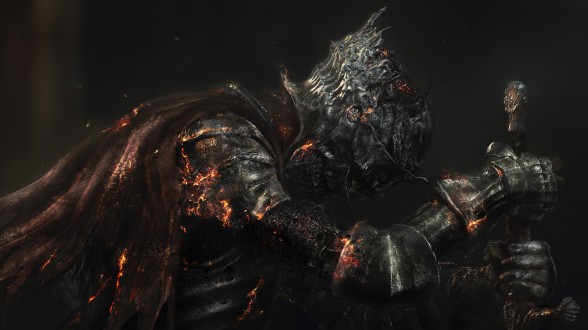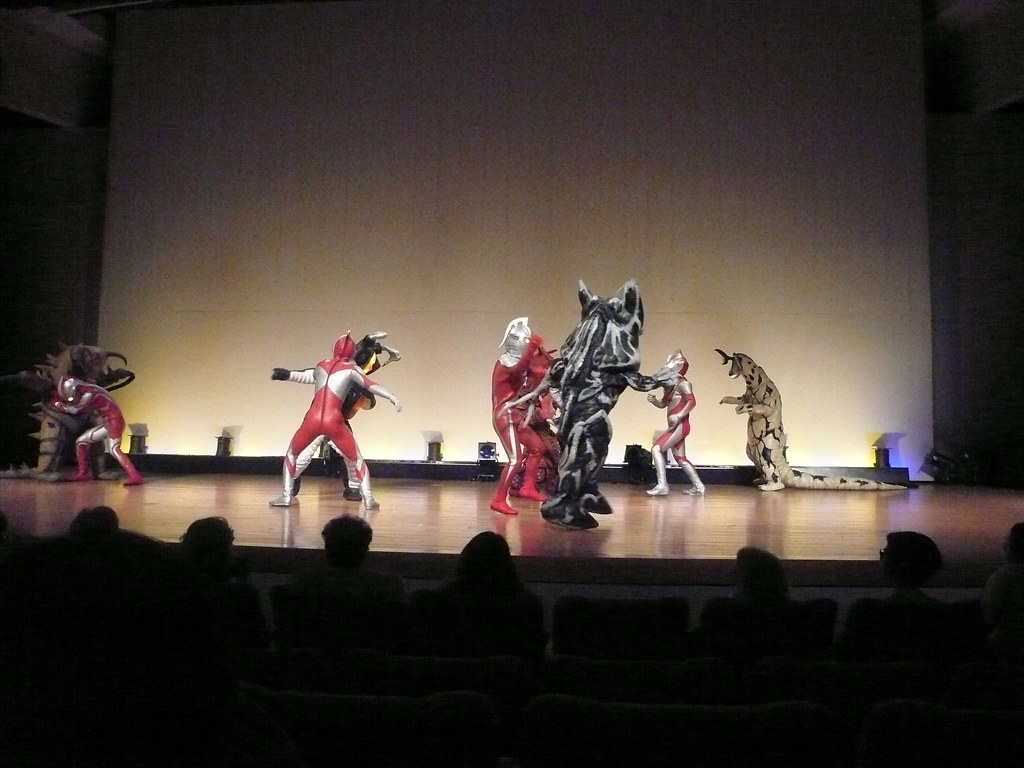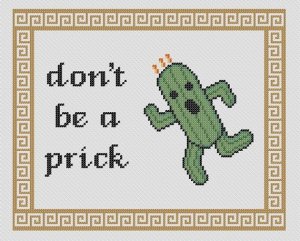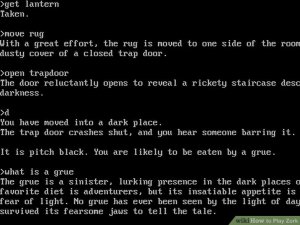After so many years and watching some YouTube playthroughs, my SO finally convinced me to give Dark Souls a try. Specifically, Dark Souls 3.
Now, this isn’t my usual type of game. I much prefer games with stories that are, er, more out in the open. I’m also not generally a fan of boss fights (I still haven’t technically finished Link’s Awakening for the Gameboy Color as I never bothered with the final fight). Additionally, these games are supposed to be some of the hardest out there. All great reasons to never play it, right?
And yet, I gave it a try anyway. I’m glad I did. It’s taught me a lot about myself and what I’m capable of, and even about writing. Nine things, specifically:
1. Get out of your comfort zone
Writing is all about challenging yourself to try new things, about not giving up and persevering. And if there’s one thing you need to finish a Soulsborne game, it’s perseverance. You will definitely die. A lot. You will definitely hit some walls. In writing, as in Dark Souls (and other challenges), the trick is to keep going.
2. The ‘soggy middle’
My Dark Souls journey was going great. Yes, I’d died, of course, but I had always managed to retrieve my Souls (which you use to level up, buy things, etc. and which you lose after dying again without retrieving them) and it hadn’t taken me too many tries to defeat the big bosses. And then I went to the Catacombs.
Nobody likes the Catacombs. If they say they do, they’re lying. I did not make it out of the Catacombs with all my Souls, but crucially, I did make it. It’s the same feeling of being in the soggy middle of National Novel Writing Month. Getting through it is half the victory. Yes, there will be endings and edits/more bosses and tougher areas ahead. But no matter, you’ve accomplished something. You’ve reached a milestone. Celebrate your freedom!
3. Unexpected victories
So I fought Mr Consumer of Gods (Aldrich to his friends) approximately 1000 times before I defeated him. After that I was warped straight to the next fight. Being the cautious person that I am, I of course ran to the nearest bonfire to deposit my freshly gained Souls. However, I didn’t end up needing it, as I defeated the next boss in one go.
In writing, too, you will find unexpected victories. Sometimes, you are faced with a really hard chapter and it’s easy to get discouraged. Keep pressing on, because your hard fight will pay off, and the next chapter might just be the one where everything clicks into place.
4. Write, die, repeat
Beating a boss in one go (one-shotting it, as gamers call it) is a great feeling. It’s also something that happens after a lot of defeating other enemies, dying, and trying again. In other words, practice makes perfect. Unexpected victories, such as mentioned above, tend to happen more the more you keep practising your craft. This works for every skill, naturally, and therefore also for video games – and writing.
5. Know when to ask for help
Dark Souls comes with the ability to summon a non-playable character (NPC) or (if you’re playing online) fellow human beings to help you through the game at certain points. Whether you’re stuck on a boss fight or a plot point, don’t keep throwing yourself endlessly at that wall. Know when it’s time to ask for help. You will be glad you did.
6. Strangers, friends, help comes from unexpected places
While I never summoned a human stranger in the main game (yes, social anxiety can also apply to videogames, yay for me), I was pleasantly surprised by the amount of Summon Signs I saw outside of a lot of the boss fights. I was also once invaded (when another human player enters your game uninvited to, usually, start a fight) by someone called the Pacifist Invader. They gave me some items, waved and left.
If you’ve ever overheard a snippet of conversation that sparked an idea or complained about your writing only to be asked a really left-field question (for instance: have you tried putting ninjas in it?), you’ll know how valuable unexpected input can be. Of course, barring story ideas, a nice beverage also does wonders.
7. Don’t let the Chads of the world get you down
In contrast to the lovely Pacifist Invader, I have also been invaded by a Chad (literally called Chad-something). This is not about him. It’s about those people in your life who use whatever tricks they have to try and drag you down. Whether it’s hiding behind enemies (invaders are immune to enemies while you’re not) or constantly criticising your work, these energy vampires aren’t happy unless you’re frustrated and annoyed. Don’t let them get to you. Keep playing/writing. Or, do as I did and take a breather (of a few months), then get back to it.
8. You are in control
You might be intrigued to know that you don’t have to fight every single boss in a Soulsborne game. In fact, you don’t have to fight any at all if you just choose to not play. In my game, while I was eventually persuaded to do the DLC, I ‘let’ two optional bosses live. One boss I never even said hello to. They were just minding their own business, so why make their life (and mine) harder?
The point is, you decide where you want to go and what you do. If you’re getting bored by where your story is going, you can change at any time! Sure, some people say that their characters run the story and that may be true for some writers, but you can still choose what you throw at them. You’re in charge.
9. Sweet, sweet victory
Finally, there is nothing like writing that final line of a book. While it’s probably completely different from the adrenaline you feel fighting a really tough boss (your mileage may vary, please do let me know if there are writers out there whose hearts are going a mile a minute after writing ‘The End’), I hope you do feel a great sense of accomplishment when you finish your story, however long it is. In the end, that’s what writing/gaming is all about.
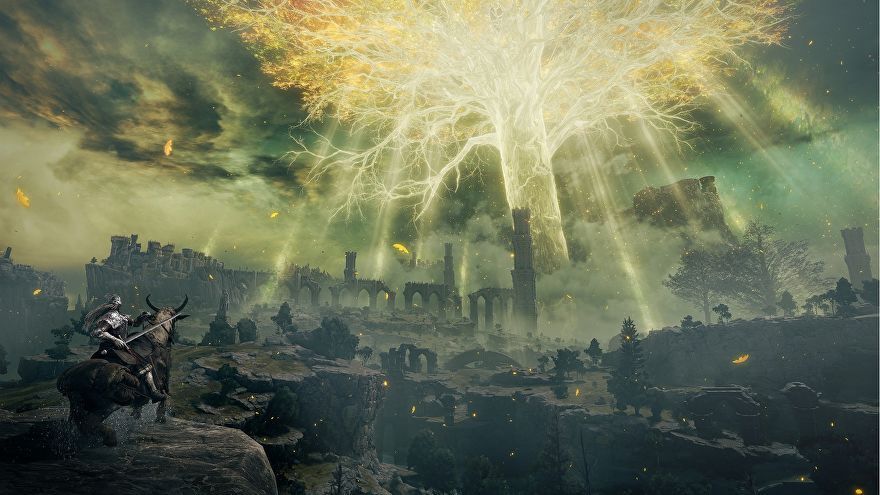
That’s it. Nine ways in which writing a book is a lot like playing Dark Souls (3). So, if you’re a writer stuck for what to write, why not pick up Elden Ring? Alternatively, if you’re a gamer who’s always wanted to write, you’ll be pleased to know you already have a lot of the tools you need to get started.
Happy writing and/or gaming!
Disclaimer: I started writing this blog post about a year ago and finished Dark Souls 3 a few months ago, but only finished writing this now because procrastination knows no bounds when the only deadline is in your own head. Also a friend helped me finish the DLC because eff that Slave Knight Gael.
